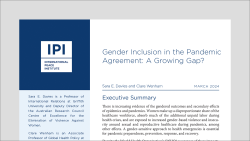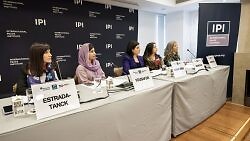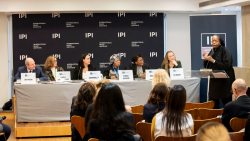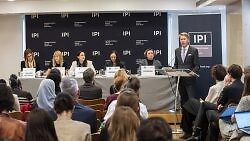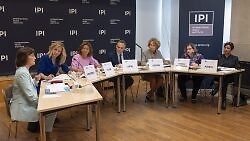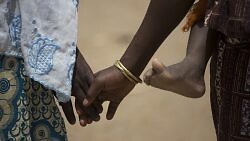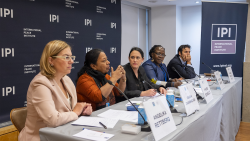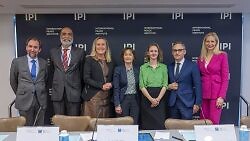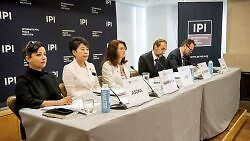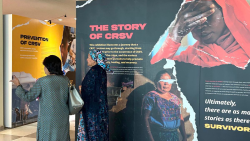
Since the Security Council first recognized conflict-related sexual violence (CRSV) as a threat to international peace and security in 2008, the UN has developed an increasing number of pathways to prevent and respond to such crimes. One of these is the annual report of the secretary-general on CRSV, which includes an annexed list of perpetrators […]
Read more